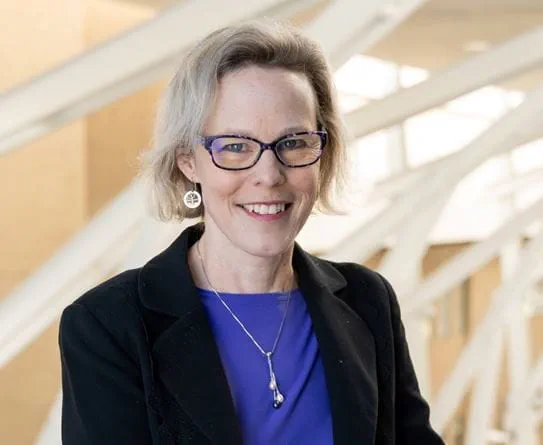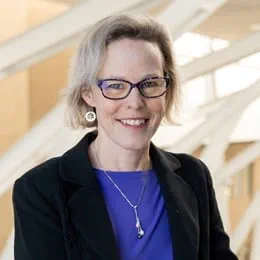People living with advanced cancer often feel anxious, depressed or helpless – and these feelings can be hard to overcome.
Many people turn to therapy or medication to cope with these feelings. Although both can help, they take time and may not work well for everyone. That’s why Dr Linda Carlson is exploring new ways to help people with advanced cancer live their best lives.
Dr Carlson, Dr Ronald Shore and their colleagues are studying how therapy can be combined with psychedelic medicines like psilocybin to offer faster, more effective help. Early trials have shown that even a single dose of psilocybin can relieve symptoms like depression. Better yet, that relief can last for years.
Psychedelic medicines work by making the brain easier to rewire. Along with therapy, this helps people change the way they think and feel, replacing negative patterns with more positive ones.
“This research can improve the lives of people with advanced cancer by helping them manage some of the most distressing and difficult-to-treat symptoms they face,” explains Dr Carlson.

She and her team recently received a Canadian Cancer Society Breakthrough Team Grant, with support from Brain Canada, to work on giving every person with advanced cancer in Canada access to psychedelic-assisted cancer therapy. They will train healthcare professionals and researchers, run clinical trials and help influence policy to make this treatment available across Canada.
“I’m excited about this research because it can transform end-of-life care for millions of people with advanced cancer and their family members,” says Dr Carlson.
Right now, people who want psychedelic treatments must apply through Health Canada and find a therapist trained to work with these medications. Dr Carlson and her team aim to make access easier and increase the number of providers who can offer psychedelic-assisted therapy. It’s not only people living with cancer who benefit. Friends, family members and even healthcare professionals are less stressed when the people they care for are happier.
The researchers know it takes a society to take on cancer – and that’s exactly what they hope to build. “Within this grant, we have all pieces of society represented,” Dr Carlson says. “Patients, healthcare providers, researchers, policymakers – we’re really going to be able to make a profound change with this team.”
Thanks to donors and partners, the team’s research will receive $5 million in funding to support it for the next 5 years. “I want to thank everyone helping to fund cancer breakthroughs,” adds Dr Carlson.

Your generosity is going to have a profound impact on the way people experience cancer.
Help create a future without cancer
With support from readers like you, we can continue to make a meaningful impact for people affected by cancer.
We are determined to increase survival, stop cancer before it starts, and improve lives. But we can’t do it without you.
If everyone reading this gave just $5, we could achieve our goal this month to fund the most promising research, compassionate support and transformative advocacy. Please give today because every contribution counts. Thank you.
